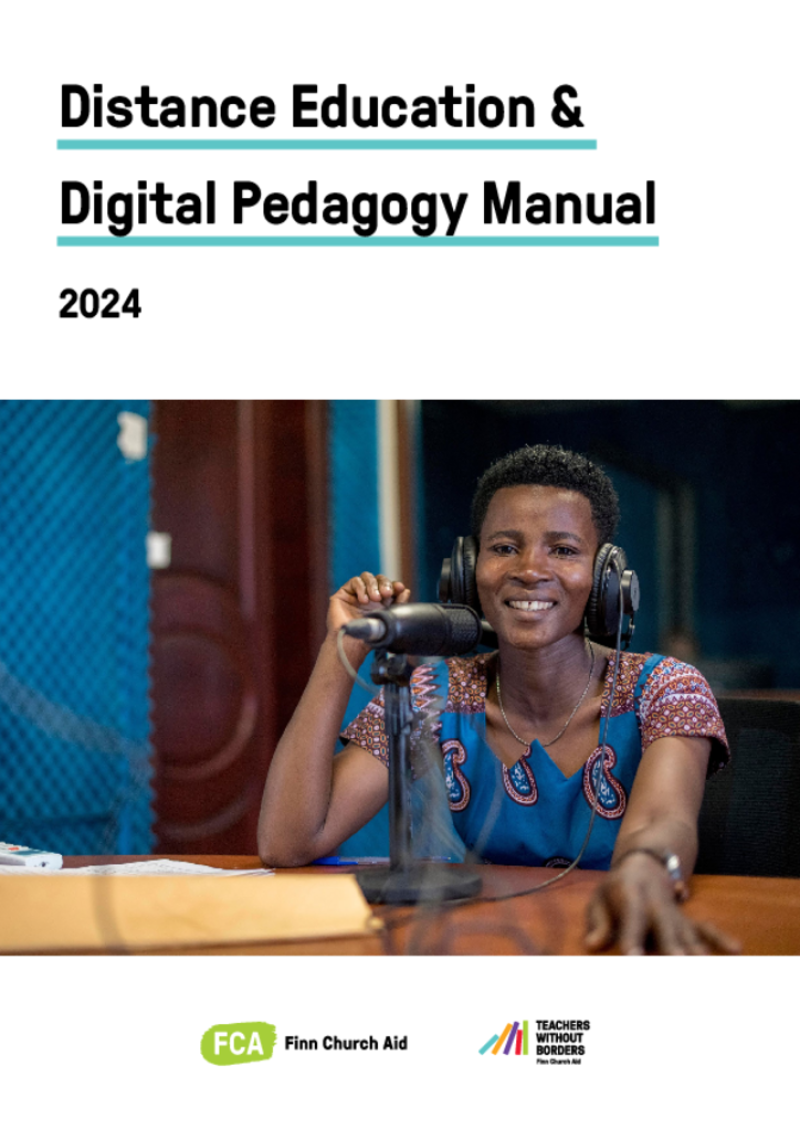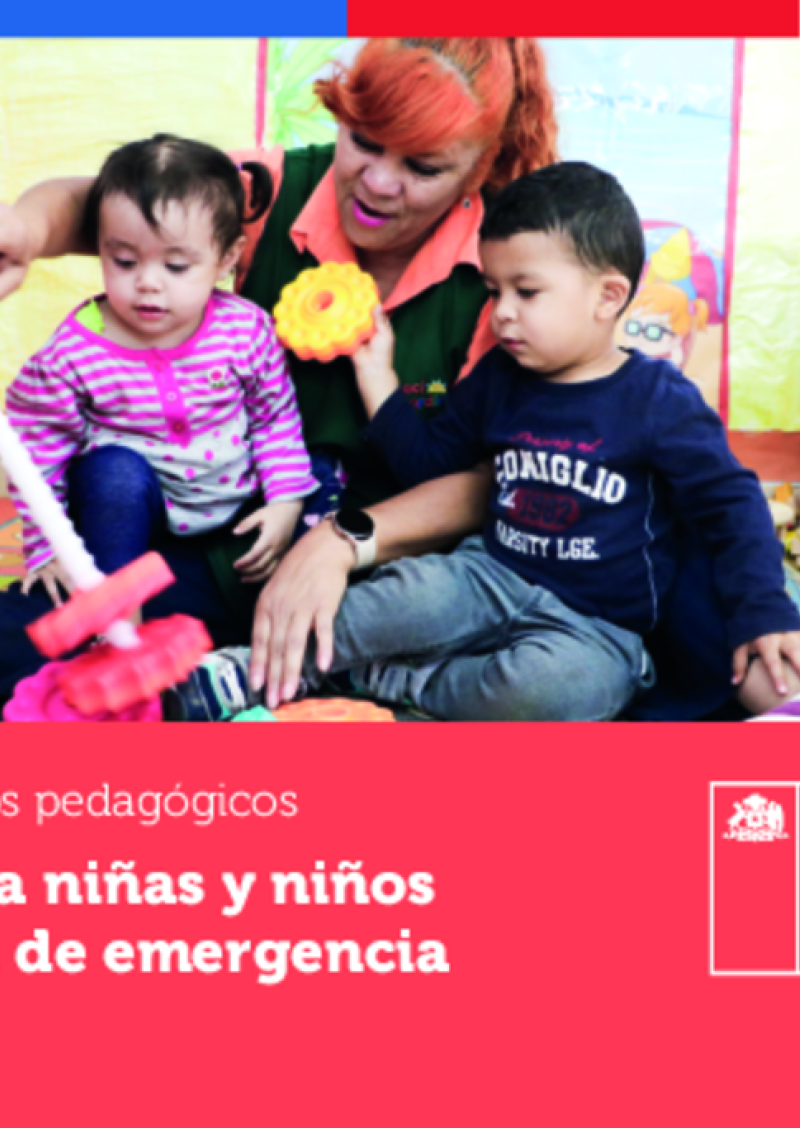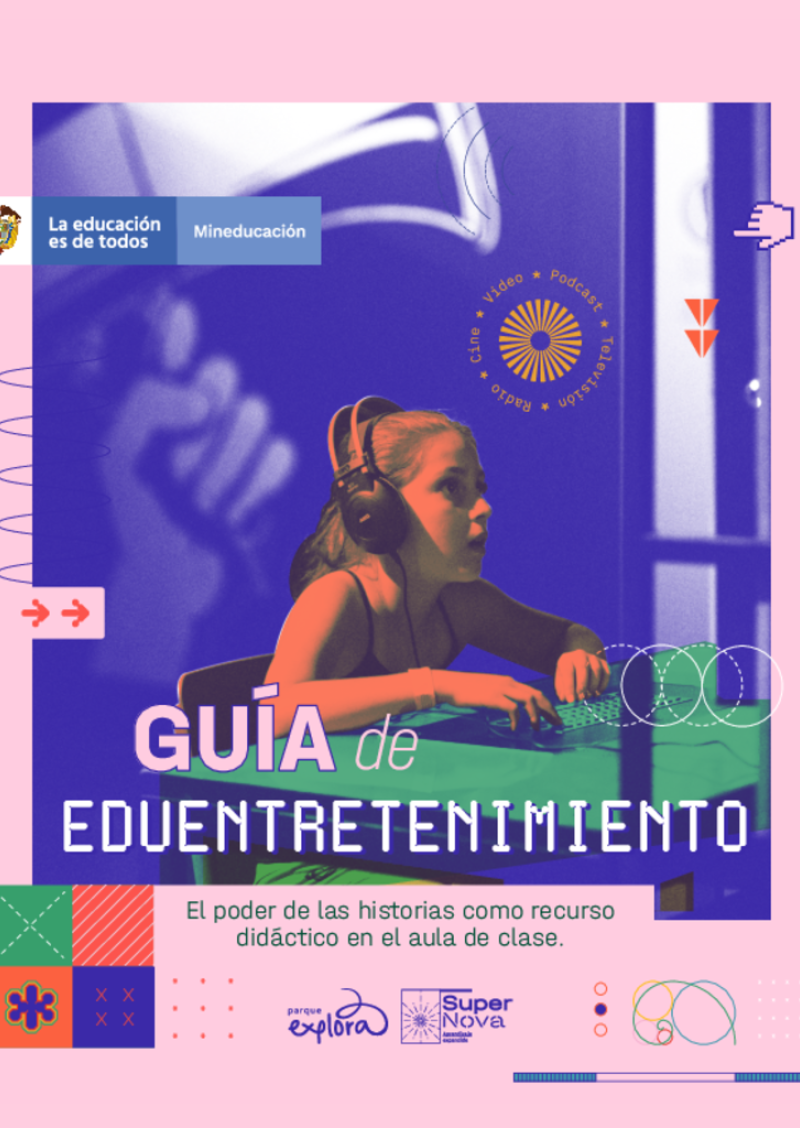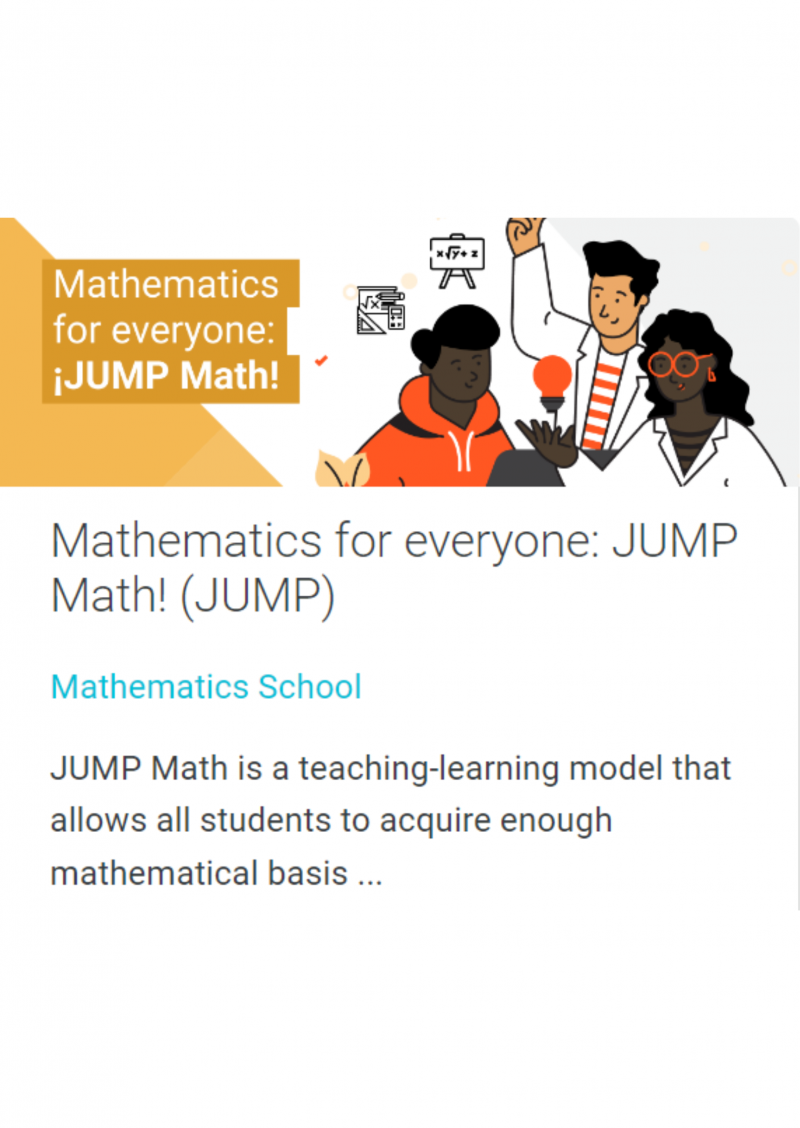مركز موارد المعلمين
عرض 1 - 9 من 9
FCA & TWB Distance Education & Digital Pedagogy Manual
This teacher training manual on Distance Education & Digital Pedagogy supports teachers and other education personnel’s continuous professional development in pedagogically high-quality distance education and remote learning especially in diverse, low resource contexts and is adaptable for use anywhere in the world.
The manual has been developed by Finn Church Aid (FCA) and Teachers Without Borders (TWB) Finland. The development of the training materials began already in 2020 as a response to the school lock-down situations caused by the COVID-19 pandemic, when teachers and learners quickly had to adapt to remote education modalities. Even though the pandemic has subsided, the need for quality distance education prevails. Ensuring the continuity of learning for all learners is critical in all contexts, even and especially during crisis situations.
The training manual consists of eight (8) training modules that can be used flexibly:
- Distance Education,
- Distance Education Modalities,
- Pedagogy of Digital and Distance Education,
- Psychosocial and Emotional Wellbeing,
- Learner-Centred Methods in Distance Education,
- Home Support – Parents and Caregivers’ Role and Collaboration,
- Inclusive Education, and
- Assessment and Evaluation.
The content design allows the trainer or facilitator to pick individual modules or sessions and adapt the training content according to the context and target group’s needs.
We hope you find it useful!
Ficha para equipos pedagógicos - Acompañar a niñas y niños en situación de emergencia
Este recurso para docentes ofrece ejemplos y materiales adicionales para apoyar a los educadores que trabajan con niños de parvulario en situaciones de emergencia. Las comunidades pueden enfrentar momentos de crisis los cuales afectan a los niños en sus contextos familiares, educativos y comunitarios. La guía ayuda a identificar estos efectos adversos y proporciona apoyo oportuno para mitigar el impacto en los niños, uno de los grupos más vulnerables en estas situaciones.
STEAM +género - Una propuesta para fortalecer la educación inicial con equidad
Esta guía, creada en colaboración entre el Ministerio de Educación de Colombia y la Fundación Siemens Stiftung, con apoyo de la OEA, busca integrar el enfoque STEAM con perspectiva de género en la práctica docente. Centrada en los sistemas educativos de Colombia y Chile, promueve la equidad de género desde la primera infancia, fomentando la participación de niñas y niños en ciencia y tecnología. A través de experiencias educativas y políticas, se pretende reducir estereotipos de género y promover una educación inclusiva y de calidad.
Guía de eduentretenimiento – El poder de las historias como recurso didáctico en el aula de clase
El eduentretenimiento es una metodología de comunicación definida por la UNESCO que se basa en narraciones como medio de transmisión del conocimiento. El objetivo es cautivar la atención de la audiencia para generar empatía y emociones, reconocidas como marcadores de aprendizaje. Se trata de una guía para el docente sobre cómo movilizar este tipo de fuente con sus alumnos en el aula o en otros contextos. Contiene también una diversidad de recursos con enfoque en áreas STEM (ciencia, tecnología, ingeniería, matemáticas).
Play & resilience: a toolkit for teachers, caregivers, and other stakeholders
Play is an easy, natural and universal practice that builds resilience. Play comes naturally to all children- and is a seemingly simple and light-hearted phenomenon. The power of play as a pathway to building resilience needs to be leveraged to provide children with the opportunity to further explore play in their home and school environments.
This toolkit is therefore premised on the objectives to build the capacity of various stakeholders such as caregivers/teachers, school managers, curriculum planners and policy makers who are key actors in the process of growth and development of children. It is also aimed at equipping these stakeholders with the knowledge and pedagogical skills to translate research, policy and curriculum to practical knowledge and activities for children in the school environment. The toolkit offers directions for facilitators who will be working with caregivers/teachers using the materials and resources provided and other relevant materials available in an environment where it will be used.
Mathematics for everyone: JUMP Math!
The aim of this training is to improve the teaching capabilities of primary school teachers in the area of mathematics, inspired by the philosophy and methodology of JUMP Math: a teaching-learning model that allows all students to acquire a mathematical basis sufficient to face life and professional challenges with confidence.
In order to access the course it is required to sign up (for free) in ProFuturo's platform.
Mobile mentoring for primary school teachers in crisis contexts
The following curriculum provides the content for a new mobile mentoring initiative developed to accompany the Teachers in Crisis Contexts Working Group ‘Training for primary school teachers in crisis contexts’ (https://trc-dev.gn.apc.org/professional-development-materials-and-opportunities/training-primary-school-teachers-crisis). The material is intended to provide additional layers of instructional and emotional support via mobile technology to inexperienced and under trained teachers in the most difficult of teaching contexts.
It has been designed to support both the Initial Training Pack and the Extended Training Pack and builds on the competency areas covered in both sets of trainings; ‘Teacher Role and Well Being’, ‘Child Protection, Well-being and Inclusion’, ‘Pedagogy’, ‘Curriculum and Planning’. The content provides teaching tips, motivational messages, reflection and discussion questions, plus images and video suggestions.
Training for primary school teachers in crisis contexts
The training pack responds to a critical gap in open source, competency based teacher training materials that provide coverage of foundational knowledge and skills required by teachers in crisis contexts, where teacher training is often limited to ad hoc workshops. The pack provides the basis for an in-service training program which can be used in its entirety to prepare unqualified teachers, but is also flexible enough for adaptation and use of selected modules or sessions according to the contextual needs of teachers. The pack provides foundational teacher training content on Teacher’s Role & Well-being; Child Protection, Well-being & Inclusion; Pedagogy; Curriculum & Planning; and Subject Knowledge.
Teachers in crisis contexts peer coaching pack
In crisis contexts, where many teachers are untrained or undertrained, continued support is needed most; yet professional development in these settings is sporadic, of varied quality and often lacks any follow up support post-training. To address this lack of quality professional support for teachers in crisis contexts, the Teachers in Crisis Contexts Reference Group (TiCC) published the Training for Primary School Teachers in Crisis Contexts training pack in March 2016, a competency-based training designed specifically for teachers working in emergency settings.
Following the publication of the training pack, the TiCC began work on complementary Peer Coaching materials. Peer Coaching is continuous professional development (CPD) led by teachers for teachers. The continuous support teachers are able to provide to one another through Peer Coaching helps teachers make sustained positive changes in their teaching practice. Peer Coaching provides this support through two main activities: 1) Teacher Learning Circles (TLCs), and 2) Classroom Observations.
The main components include: The Facilitator’s Guide; Peer Coaching Toolkit, Level 1 - TLCs only; and Peer Coaching Toolkit, Level 2 - TLCs plus classroom observations.






